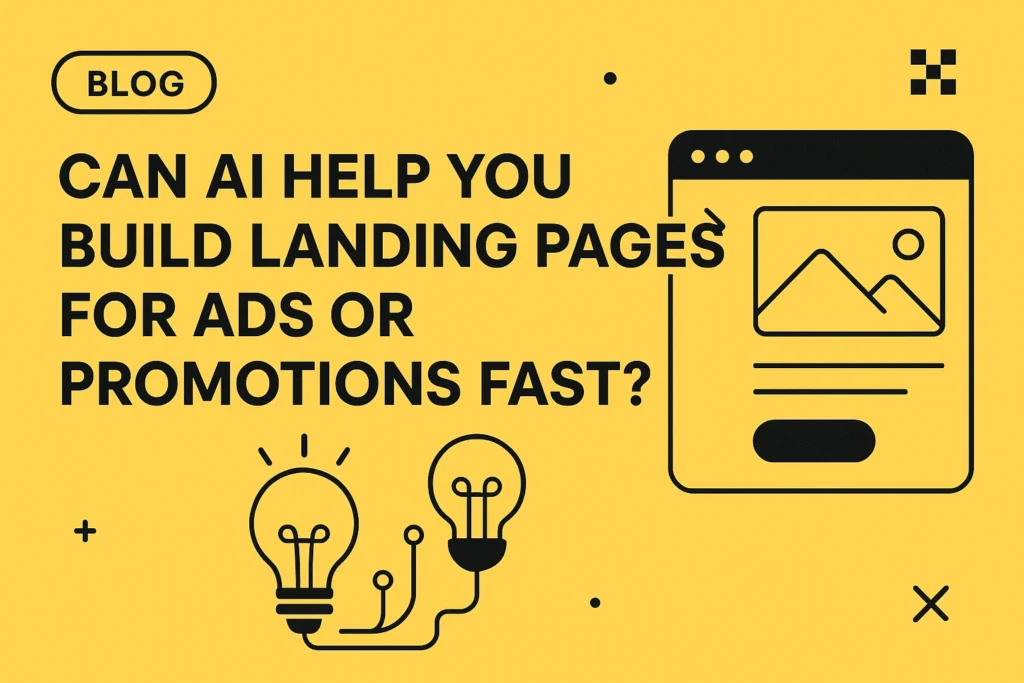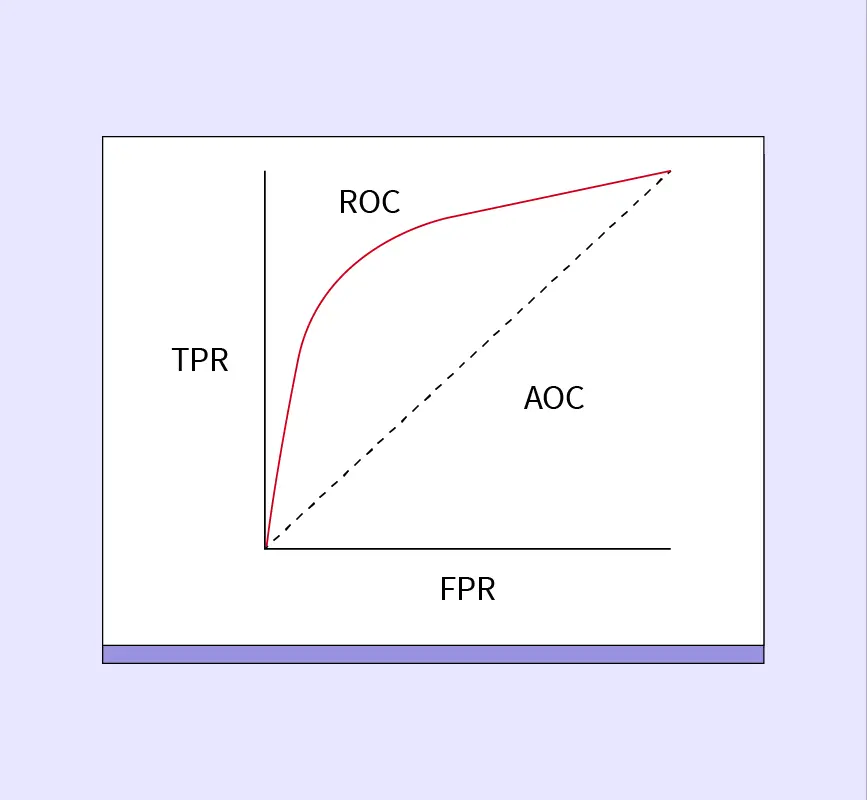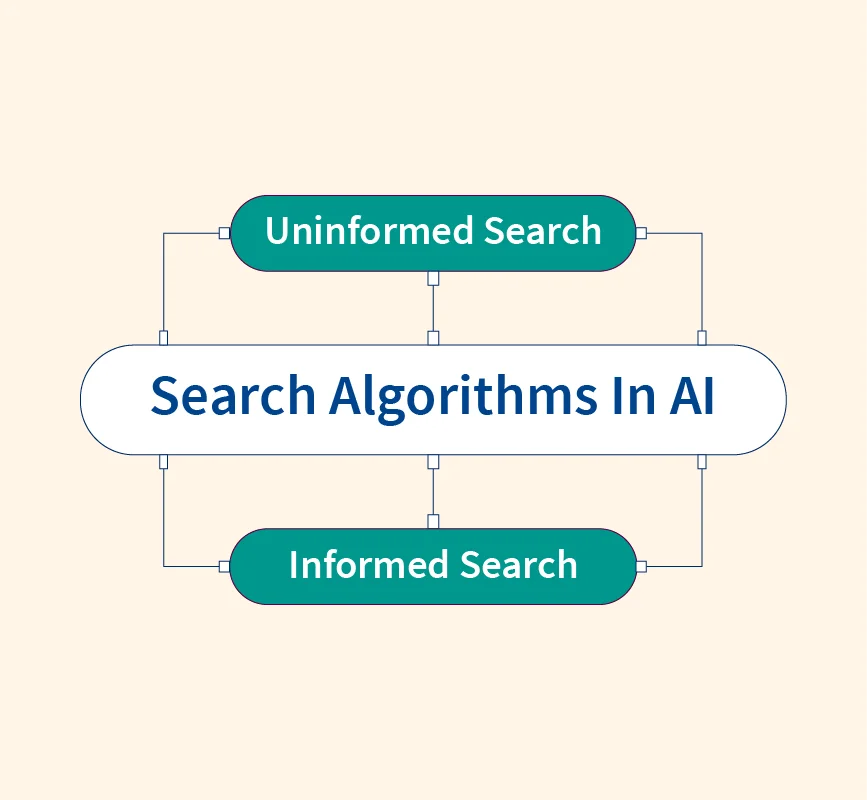Artificial Intelligence (AI) is revolutionizing healthcare by introducing transformative innovations to improve patient care, diagnostics, and operational efficiency. By leveraging vast datasets and advanced algorithms, AI empowers healthcare providers to make faster, more accurate decisions. From early disease detection to personalized treatment plans, AI is addressing challenges that were previously insurmountable. Its role extends beyond clinical applications to optimizing hospital management and improving access to quality care globally. As AI continues to advance, its integration into healthcare systems promises to reshape how we approach patient health and well-being. This article explores the diverse applications and potential of AI in healthcare.
What is AI in Healthcare?
Artificial Intelligence in healthcare refers to the application of machine learning, natural language processing, and other AI technologies to enhance medical practices. By analyzing large datasets, AI systems identify patterns and generate insights that assist in diagnosing diseases, predicting patient outcomes, and recommending treatment plans. These technologies work in tandem with healthcare professionals to improve accuracy and efficiency.
The evolution of AI in healthcare has been remarkable, starting with basic rule-based systems in the 1970s. Over the decades, advancements in computational power and the availability of big data have propelled AI into the mainstream. Today, AI is integral in areas such as medical imaging, patient monitoring, and drug discovery. By merging AI’s computational prowess with human expertise, healthcare systems are becoming more proactive, scalable, and patient-centric.
Key Technologies in AI for Healthcare
AI technologies in healthcare focus on leveraging data to improve decision-making and operational efficiency. The most prominent technologies include:
Machine Learning (ML)
Machine learning forms the backbone of AI in healthcare. By analyzing historical data, ML algorithms predict patient outcomes and uncover patterns that inform decision-making. ML is especially effective in predictive analytics, helping identify potential risks such as disease outbreaks or patient deterioration. Personalized medicine is another significant use case, where ML tailors treatments to individual genetic profiles. For example, oncologists use ML to design precise cancer therapies based on tumor-specific data, improving patient survival rates.
Natural Language Processing (NLP)
NLP bridges the gap between structured medical data and unstructured text in patient records. By understanding and analyzing text, NLP facilitates efficient medical transcription, electronic health record (EHR) management, and sentiment analysis. Healthcare providers use NLP tools to summarize patient histories, streamline documentation, and identify critical trends in real time. For instance, NLP algorithms can scan vast medical literature to suggest the most relevant studies for ongoing cases, aiding clinicians in evidence-based decision-making.
Rule-Based Expert Systems
Rule-based expert systems employ predefined algorithms to assist in clinical decision-making. These systems excel in scenarios requiring logical reasoning, such as diagnosing diseases based on symptoms or recommending treatments. For example, systems like MYCIN, one of the earliest expert systems, demonstrated the potential of AI by diagnosing bacterial infections. Today, these systems are used in areas such as triage, where quick and reliable decision-making is essential to prioritizing patients in critical conditions.
Applications of AI in Healthcare
Artificial Intelligence has revolutionized multiple facets of healthcare, enhancing efficiency and precision in patient care. Key applications include:
1. Medical Diagnosis
AI has significantly improved the accuracy and speed of disease detection, especially for conditions like cancer, diabetes, and neurological disorders. By leveraging deep learning algorithms, AI systems analyze medical images such as X-rays, CT scans, and MRIs to detect anomalies early. For instance, AI models used in breast cancer detection have achieved higher accuracy than human radiologists in some cases, enabling earlier intervention.
Case studies highlight AI’s success in diagnosing diabetic retinopathy and Alzheimer’s disease using advanced imaging and pattern recognition. AI-powered diagnostic tools also assist general practitioners by providing real-time, evidence-based suggestions during consultations. These advancements reduce diagnostic errors, streamline workflows, and improve patient outcomes.
2. Drug Discovery
The drug discovery process, traditionally time-intensive and expensive, has been expedited by AI. Machine learning algorithms analyze molecular structures and predict their potential as therapeutic agents. This reduces the need for exhaustive trial-and-error experimentation in laboratories.
Companies like DeepMind and Insilico Medicine use AI to simulate drug interactions, identifying promising candidates for further testing. AI also aids in repurposing existing drugs for new therapeutic applications, as seen during the COVID-19 pandemic. By cutting down the time and cost of R&D, AI enables pharmaceutical companies to bring effective drugs to market faster, benefitting patients globally.
3. Robotic Surgery
Robotic-assisted surgeries represent a significant leap in precision and minimally invasive procedures. Systems like the da Vinci Surgical System leverage AI to assist surgeons with delicate tasks, ensuring reduced blood loss, quicker recovery times, and smaller scars.
AI-powered robots enhance accuracy by providing real-time feedback based on patient-specific data. For instance, during orthopedic surgeries, AI systems help optimize joint replacement procedures by calculating the ideal implant position. While surgeons remain in control, the integration of AI minimizes human error and improves surgical outcomes.
4. Healthcare Data Management
The healthcare industry generates massive volumes of data daily, from patient records to clinical research. AI plays a crucial role in organizing and analyzing these datasets efficiently. Advanced algorithms process unstructured data, such as handwritten doctor notes and scanned documents, into structured formats for better accessibility and analysis.
AI also ensures compliance with data protection regulations, enabling secure sharing across institutions. Predictive analytics tools powered by AI provide actionable insights, helping healthcare providers plan resource allocation and predict patient needs. By managing data more effectively, AI supports informed decision-making and enhances operational efficiency.
5. Enhancing Patient Experience
AI-driven tools significantly enhance patient experiences by personalizing healthcare. Virtual assistants and chatbots, like Babylon Health, provide immediate responses to patient queries, reducing the burden on medical staff. Remote monitoring systems equipped with AI alert clinicians to potential issues, enabling proactive care for chronic conditions.
Wearable devices such as smartwatches use AI to track health metrics, offering real-time feedback and recommendations. These innovations empower patients to manage their health more effectively while ensuring timely intervention, ultimately fostering a patient-centric healthcare ecosystem.
Benefits of AI in Healthcare
AI offers transformative benefits to healthcare systems, driving efficiency, reducing costs, and enhancing patient outcomes. By automating routine tasks like scheduling and data entry, AI enables healthcare professionals to focus on patient care. Diagnostic tools powered by AI analyze vast amounts of data, ensuring faster and more accurate results than traditional methods.
Cost reduction is another critical advantage. AI optimizes resource allocation, such as staff deployment and equipment usage, cutting down wastage. In predictive maintenance of medical equipment, AI minimizes downtime and reduces operational costs. Furthermore, AI-driven solutions streamline drug discovery, saving billions in research and development expenditures.
Patient outcomes see marked improvements due to AI’s ability to personalize treatments and predict health risks. Remote monitoring systems powered by AI detect anomalies in real time, enabling early interventions. These advancements collectively make healthcare more accessible, affordable, and effective for patients globally.
Challenges in AI Implementation in Healthcare
Despite its potential, implementing AI in healthcare poses significant challenges. Key issues include data privacy, bias in algorithms, and integration complexities.
1. Data Privacy and Security Concerns
Healthcare generates sensitive patient data, making privacy and security paramount. AI systems require vast datasets for training, often involving sharing data across platforms. This raises concerns about data breaches, unauthorized access, and compliance with regulations like GDPR and HIPAA. For instance, a 2021 report highlighted that over 90% of healthcare organizations faced cybersecurity incidents. Addressing these risks involves robust encryption, secure data sharing protocols, and anonymization techniques.
2. Bias in AI Models
AI models can inherit biases from the data they are trained on, leading to unfair outcomes. For example, studies have shown that AI tools in dermatology sometimes underperform for darker skin tones due to underrepresentation in training datasets. Such biases can result in misdiagnoses, exacerbating health disparities. To mitigate this, developers must ensure diverse datasets and conduct fairness audits to validate model performance across all demographics.
3. Integration with Legacy Systems
Healthcare institutions often rely on outdated legacy systems, making AI integration complex and costly. Interoperability issues arise when AI tools need to communicate with existing electronic health record (EHR) systems. Additionally, transitioning to AI-driven processes requires significant training for staff and ongoing technical support. Investments in standardized interfaces and comprehensive training programs are essential to overcome these barriers and ensure seamless adoption.
The Future of AI in Healthcare
The future of AI in healthcare is marked by groundbreaking innovations that promise to revolutionize the industry. One key trend is the emergence of AI-powered wearable devices that continuously monitor patients’ vital signs. These devices offer real-time insights into health conditions, enabling early detection of anomalies and preventive interventions. For instance, smartwatches with AI-driven sensors can detect irregular heart rhythms, potentially saving lives.
In the long term, AI is set to play a pivotal role in preventive care. By analyzing genetic, lifestyle, and environmental factors, AI algorithms can predict health risks and suggest personalized preventive measures. This proactive approach shifts the focus from treatment to prevention, reducing the burden on healthcare systems.
Global accessibility is another promising avenue. AI technologies, combined with telemedicine, can bridge the gap in healthcare access for underserved regions. AI-powered diagnostic tools that require minimal infrastructure are already transforming care delivery in rural areas.
The eventual development of Artificial General Intelligence (AGI) could redefine healthcare entirely. With the ability to mimic human intelligence, AGI could act as virtual doctors, diagnosing and treating complex conditions with unparalleled precision. However, such advancements come with ethical, regulatory, and safety challenges that must be addressed.
As AI evolves, its integration with cutting-edge technologies like quantum computing and blockchain will further amplify its potential. While challenges remain, the future of AI in healthcare holds immense promise for improving outcomes, reducing disparities, and transforming the global healthcare landscape.
Companies Using AI in Healthcare
Several leading companies are driving innovation in AI for healthcare, leveraging cutting-edge technologies to address critical challenges in the industry. IBM Watson Health is a pioneer in using AI for diagnostics and clinical decision support. Its AI-powered tools help physicians analyze patient data and recommend personalized treatments, improving care outcomes.
PathAI, another key player, focuses on using machine learning to enhance pathology diagnostics. Its AI algorithms assist pathologists in identifying diseases like cancer with higher precision and efficiency. This has significantly accelerated diagnostic processes in clinical settings.
The Butterfly Network has transformed medical imaging with its portable AI-driven ultrasound devices. By combining AI with handheld ultrasound technology, the company is making imaging more accessible and affordable, especially in remote areas.
Google Health leverages its expertise in AI to develop tools for disease detection and predictive analytics. For example, its AI algorithms have been instrumental in early detection of diabetic retinopathy, enabling timely interventions for vision preservation.
Other notable companies like DeepMind, Zebra Medical Vision, and Babylon Health are also at the forefront of AI healthcare solutions. From predictive analytics to patient management systems, these organizations demonstrate the transformative potential of AI in enhancing efficiency, reducing costs, and improving patient outcomes.
Conclusion
Artificial intelligence is revolutionizing healthcare by enabling more accurate diagnostics, efficient treatments, and enhanced patient experiences. From companies innovating in medical imaging to AI-powered chatbots offering 24/7 patient support, AI has become an integral part of modern healthcare systems.
However, with this immense potential comes challenges like data privacy, biases in AI models, and integration with existing systems. Addressing these issues is crucial to ensure that AI continues to benefit the healthcare industry responsibly and equitably.
As AI technologies evolve, their applications in preventive care, global accessibility, and advanced diagnostics are set to redefine healthcare’s future. By embracing AI responsibly, we can overcome healthcare disparities, improve patient outcomes, and create a more sustainable and effective global healthcare ecosystem. The journey of AI in healthcare is only beginning, promising a brighter and healthier future for all.
References:


